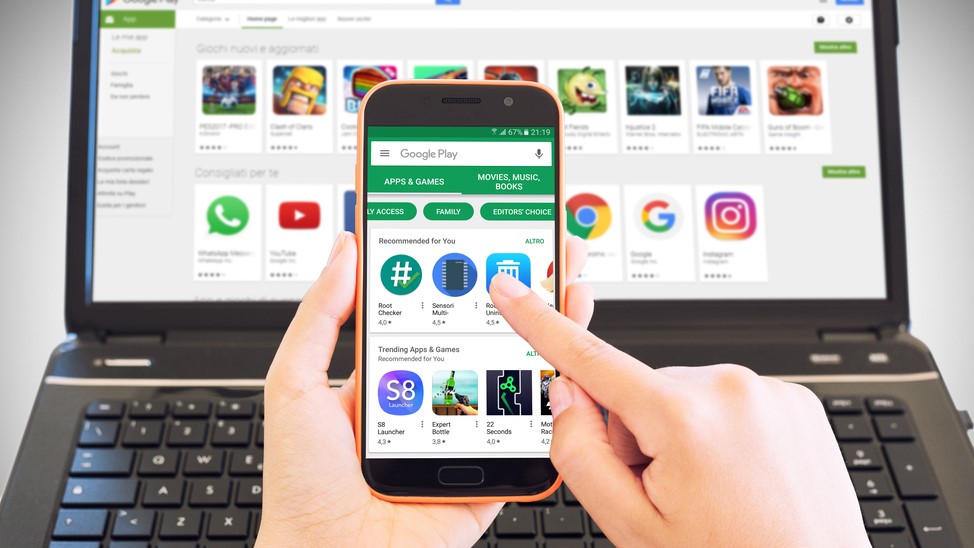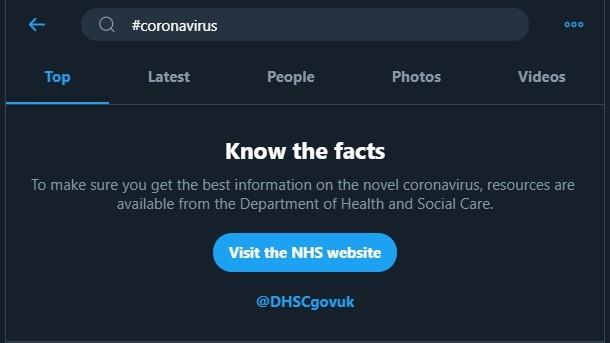Google is hiding 'coronavirus' apps from the Play Store – and it's not alone

Sign up for breaking news, reviews, opinion, top tech deals, and more.
You are now subscribed
Your newsletter sign-up was successful
Google appears to have hidden apps related to coronavirus from search results in the Google Play store.
The change, as reported by 9to5Google, is likely an attempt to stop the spread of misinformation about the virus.
At the time of writing, searches for 'coronavirus' and 'Covid-19' (the official name for the disease caused by the virus) yield no results. Such searches worked as expected until very recently, and a search for 'covid' reveals dozens of apps containing both terms.
- We've rounded up a full list of the best Android apps
- Short of cash? We've also gathered the best free Android apps
- Have more fun with your phone with the best Android games
Some apps about protecting yourself from the virus might be benign or even helpful guides, with information about correct hand-washing and how to quarantine yourself. However, apps could also be used to spread misinformation that's unhelpful at best, and dangerous at worst.
It's also possible that unethical developers are attempting to cash in on the crisis, pushing out very simple apps that contain little information at all, and are mostly a means of showing ads or convincing worried users to sign up for premium features.
Stopping the spread
Google isn't the only tech company stepping in to curb the spread of misleading information about the virus.
Last year, Pinterest decided to intervene when users search for information about vaccinations and cancer, showing only information from reputable medical publications. It's now taken the same approach with coronavirus, showing a set of information cards created by the World Health Organization (WHO) offering advice on limiting the spread of the virus.
Sign up for breaking news, reviews, opinion, top tech deals, and more.
Facebook is taking a similar approach. Mark Zuckerberg says that the social network is giving WHO free advertising space, and redirecting searches for 'coronavirus' to information from the WHO or a local health authority.
False claims and conspiracy theories will be swiftly removed, and anyone trying to exploit the situation by advertising miracle cures will find their accounts blocked.

Twitter isn't going so far as to block content, and a search for the virus brings up tweets containing all sorts of false information (including a tutorial on making an effective face mask using a piece of toilet paper and rubber bands).
These are preceded by a notification box marked 'Know the facts' with a link to a verified local health provider, but the site might choose to follow Google and Facebook's example, and tighten up its policy in the coming weeks.

Cat is TechRadar's Homes Editor specializing in kitchen appliances and smart home technology. She's been a tech journalist for 15 years, having worked on print magazines including PC Plus and PC Format, and is a Speciality Coffee Association (SCA) certified barista. Whether you want to invest in some smart lights or pick up a new espresso machine, she's the right person to help.